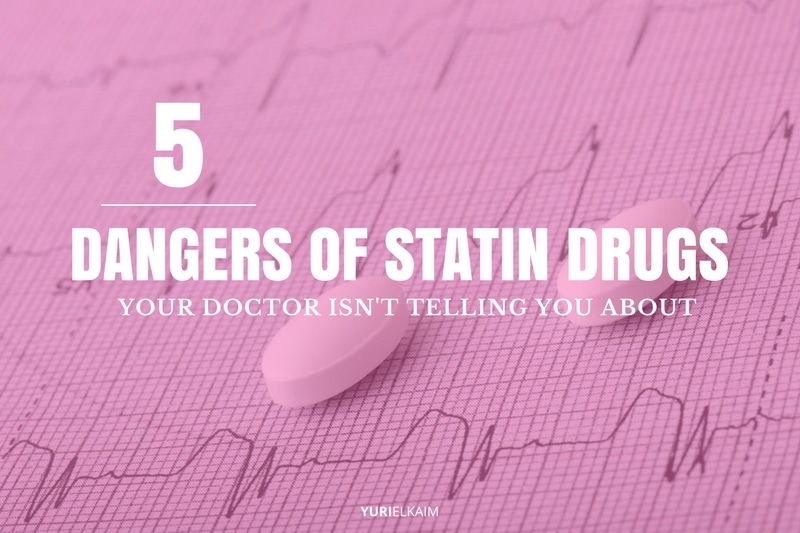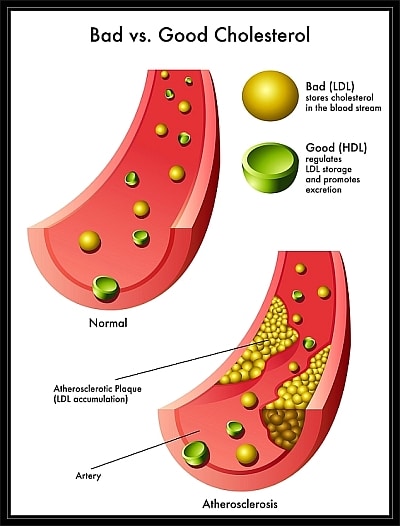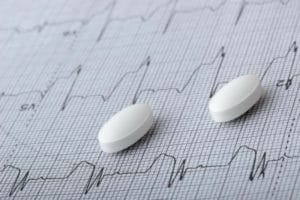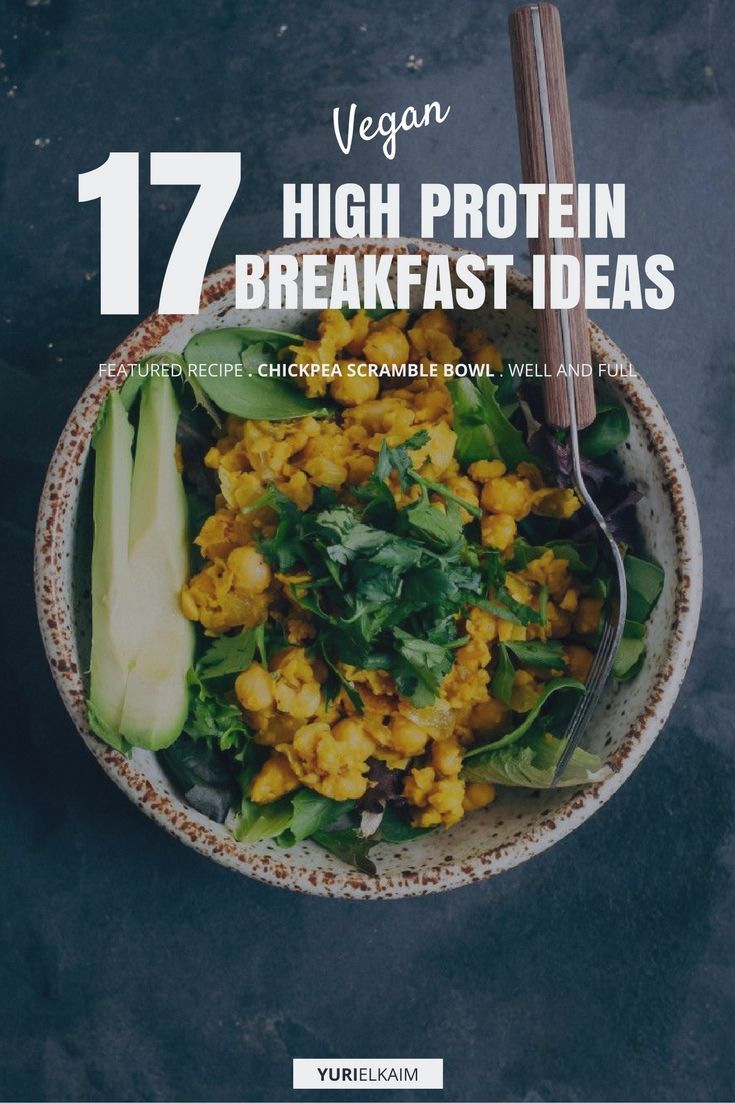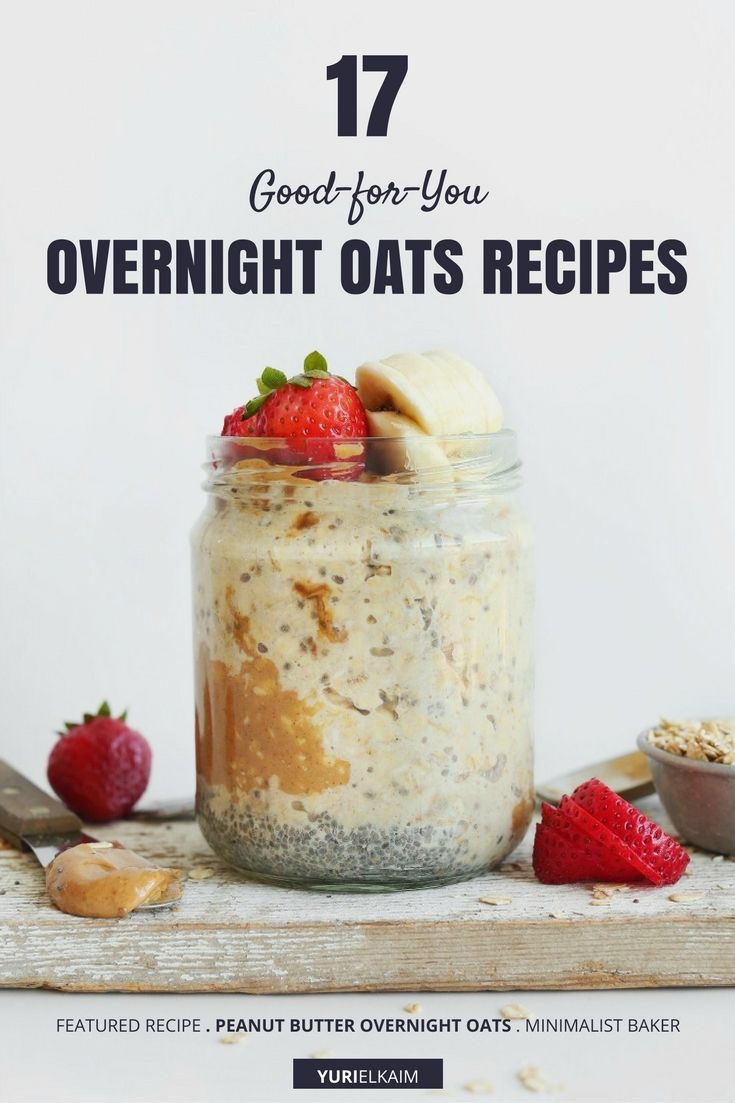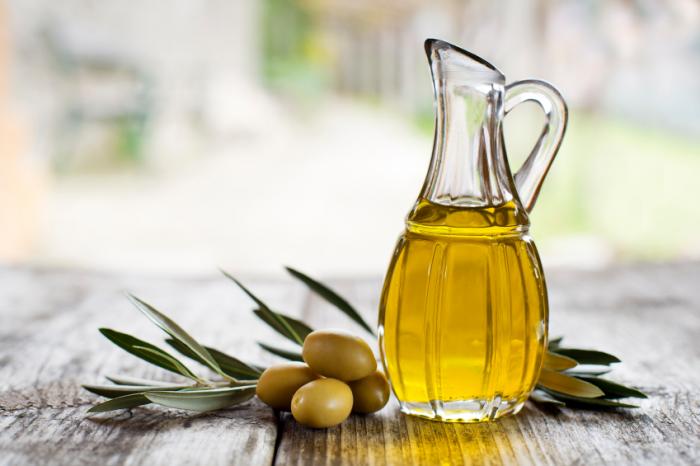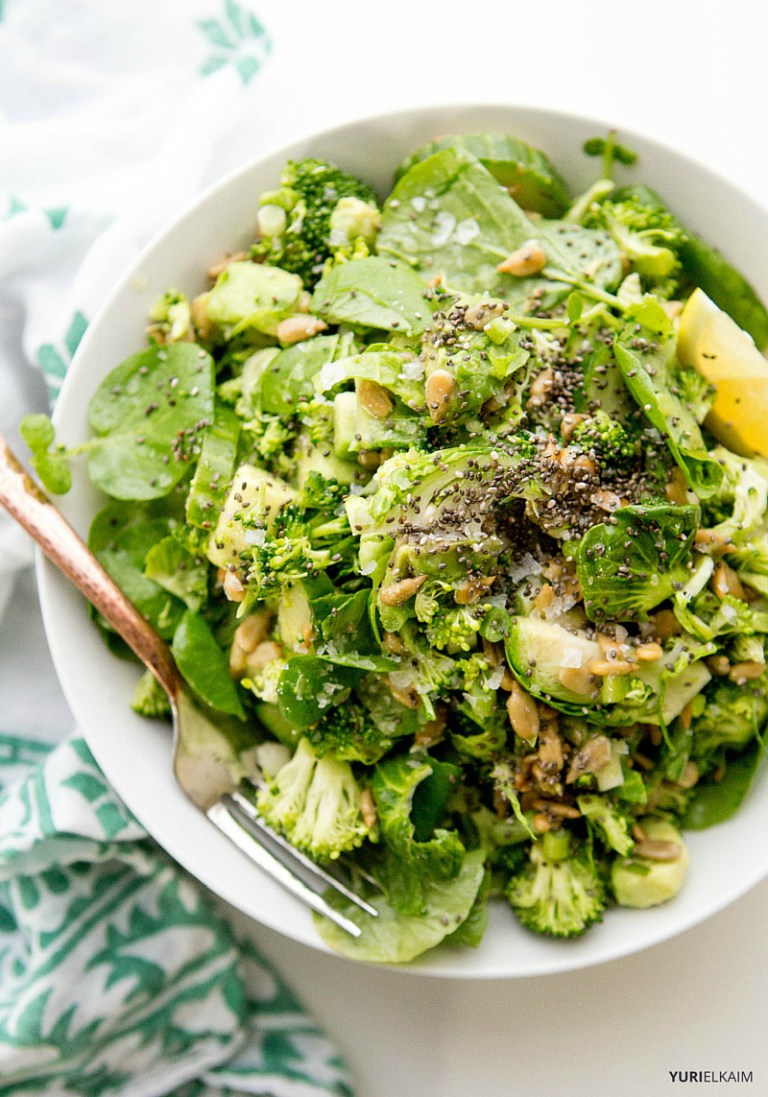In this article
You’ve heard the scary statistics: every year nearly 735,000 Americans have a heart attack. And not only that, but heart disease accounts for 1 in 4 deaths across the United States.
With those kinds of numbers, I think it’s safe to say that almost all of us know someone who is personally affected by heart disease (1).
It’s also a safe bet that most of us know someone who is taking statins to lower their cholesterol levels. In fact, some estimates have found that as many as 1 in 4 Americans over the age of 45 is taking a statin for high cholesterol.
And for men who are 65 to 74 years old, that number is doubled (2).
It’s no surprise that the pharmaceutical industry is the main beneficiary of all that pill-popping. In 2013, the drug industry grossed a whopping $29 billion from the sale of statins alone (3).
But is high cholesterol really to blame for our sky-high heart disease rate? And are statin drugs safe for use, especially in the long term? Let’s find out.
The Good, Bad, and Ugly of Cholesterol
You’ve probably heard the terms “good cholesterol” and “bad cholesterol” – and you might have wondered what they really mean.
There are a few different types of lipoproteins in your blood that are responsible for carrying cholesterol to your cells.
- Low-density lipoprotein (LDL) cholesterol is considered bad (or “lousy”) since it contributes to plaque and clogs up your arteries, which can lead to heart attacks.
- High-density lipoprotein (HDL) cholesterol is the good (or “healthy”) cholesterol because it cleans up LDL cholesterol and clears arteries as it moves through the body.
You need cholesterol. It produces hormones and vitamin D, forms the foundation of your cell membranes, and it also helps you digest fat.
However, when your ratio of LDL to HDL gets out of whack, you can run into trouble.
This is where statins come in. They block an enzyme called HMG-CoA reductase, which in turn lowers the production of LDL cholesterol in the liver.
When your lab reports come back and the doctor sees that your cholesterol is too high, all too often the first line of defense is a quick prescription for a statin. Instead of looking at the big picture, too many people look for an easy way to fix the problem fast.
Statins are a little like pulling out a roll of duct tape when your car breaks down on the side of the road. It might be able to hold things together just long enough to get you down the road, but underneath it all, there’s something still broken that needs to be fixed.
Besides the fact that statins completely ignore the root of the issue (what caused the high cholesterol in the first place), there are also a slew of statin drug side effects. And some of those side effects can have some deadly consequences.
Let’s look at the top 5 ways that statins can wreak havoc on your health.
Dangers of Statin Drugs
1. They Weaken Your Immune System
Believe it or not, statins affect way more than just your cholesterol – they can damage your immune system too, impairing your body’s protection against illness and disease.
Statins directly impact the production of an enzyme called coenzyme Q10, which is crucial in maintaining our immune system among other functions.
They also weaken the immune system by stimulating the production of cytokines, spurring inflammation and making it harder for the body to fight off disease and infection (4).
This can be a potentially deadly side effect. Many people who use statins are older, so preserving immune function becomes even more critical.
Recommended Reading:
2. They Raise Diabetes Risk
Heart disease and diabetes go hand-in-hand, but who knew that taking a drug to lower your cholesterol could actually increase your risk of developing diabetes?
This is primarily because of the effect of statins on omega-6 and omega-3. Some randomized controlled trials have shown that statins increase the metabolism of omega-6, which can actually inhibit omega-3. This mechanism can trigger insulin resistance, in turn upping the risk of developing diabetes (5).
With the strong link that’s been established between diabetes and cardiovascular disease, it’s hard to determine if the benefits really outweigh the risk.
3. They Affect Brain Health
Cholesterol has been demonized for its role in heart health, but it’s actually a critical component of brain health.
Altogether, cholesterol only makes up about 2 percent to 3 percent of our total body weight. But 25 percent of all of our cholesterol is found in our brain (6).
Reducing the total amount of cholesterol to sometimes even dangerously low levels by using statins can be detrimental in keeping our brain working the right way.
Not only that, but the use of statins has been associated with a whole host of neurological problems. It’s been shown to cause nerve damage, changes in memory, and even anxiety and depression (7, 8, 9).
Recommended Reading:
- The Anxiety Relief Juice
- 10 Powerful Adaptogenic Herbs That Will Lower Your Stress
- Feeling Stressed and Overwhelmed? Here’s How to Beat It
4. They Contribute to Obesity
Most of us know that obesity can increase the risk of having high cholesterol. What many don’t realize, however, is that taking statins to lower your cholesterol could actually cause you to gain more weight.
One study looked at a sample of nearly 28,000 adults over an 11-year period, using a diverse group of both statin users and non-statin users. At the beginning of the study, that statin users were actually eating less. But by the end, they were taking in almost 10 percent more calories and 14 percent more fat. Their BMI had also increased by triple the amount of the non-statin users (10).
Another study looked at the relationship between statin use and exercise as well as mitochondrial activity. Your mitochondria serve as your cells’ power generators, and are responsible for breaking down sugar and fat. The study found that exercising while on statins actually decreased the activity of the mitochondria (11).
5. They Cause Muscle Damage
Surprisingly, one of the most common side effects of statins is muscle pain, soreness, and weakness. It can even lead to a dangerous condition called rhabdomyolysis, which is a breakdown of muscle tissue.
One animal study even found that animals exercising while on statins had 226 percent more muscle damage than the animals not taking statins (12).
Read the Warning Labels
The U.S. Food and Drug Administration now requires several of the most popular statins to print a caution right on the label warning about the possibility of diabetes, cognitive impairment, liver damage, and, of course, muscle damage.
Though it’s not totally clear how statins affect muscles, the theory is that they affect the enzymes found in muscle cells that are responsible for muscle growth (13).
Kick Statins to the Curb
Ready to learn how to get off statin drugs?
There are plenty of alternatives to statin drugs, and it all starts with making some simple lifestyle modifications to lower your cholesterol naturally and treat the problem right at the source. Here’s how it can be done:
1. Ditch Processed Foods
Processed junk foods are pumped full of extra sodium, sugar, and, worst of all: trans fat. This can all contribute to a buildup of cholesterol in the blood, putting you at a higher risk of heart disease and stroke.
Recommended Reading:
- The 8 Worst Breakfast Foods to Eat in the Morning
- 17 High Protein Vegan Breakfasts That Are Easy to Make
- 4 Good Carbs to Eat for a Flat Belly
2. Get Moving
Exercise is one of the best things you can do for your cholesterol levels and your heart. A regular exercise regimen boosts healthy HDL cholesterol levels while dropping “lousy” LDL cholesterol.
3. Eat More Fiber
The cholesterol-lowering effects of fiber have been well-established.
Soluble fiber – which is found in legumes, oatmeal, flaxseeds, fruits, and vegetables – can lower cholesterol levels and cut your risk of problems like heart disease and stroke. In fact, increasing your intake by 5 to 10 grams per day has been shown to drop LDL cholesterol by as much as 5 percent (14).
Recommended Reading:
- 17 Recipes That Will Make You Want to Eat More Flaxseed
- This Is the Easiest Curried Lentils Recipe You’ll Ever Make
- 17 Healthy Overnight Oats Recipes (Not for Breakfast)
4. Eat Good Fats
Picking healthy unsaturated fats, like olive oil, can make a big difference in heart health. One study actually found that swapping saturated fat with unsaturated fat slashed the risk of heart disease by 25 percent (15).
Meeting your omega-3 needs through supplementation or a few servings of fatty fish each week can also ease inflammation and prevent heart problems.
5. Make Your Plate Green
Increasing your intake of vegetables is one awesome way to improve your heart health – and your overall health too! Vegetables have the cholesterol-cutting powers of fiber, plus some potent antioxidant properties which can decrease inflammation as well as heart disease.
Recommended Reading:
Heart Health the Natural Way
Clearly the dangers of statin drugs outweigh any benefits they might bring. Instead of spending a fortune on medications for the rest of your life, why not clean up your diet and achieve heart health the natural way?
High cholesterol is preventable, and you don’t need a prescription to get it down. Instead, following a healthy diet and getting in some regular exercise can keep your heart pumping strong, plus bring you tons of other health benefits too.
What’s Your Health Score?
How well do you know your health status?
Take my simple Health Score quiz and learn 20 different ways your body could be signaling you that something’s not quite right.
Get started right now by answering the question below.

